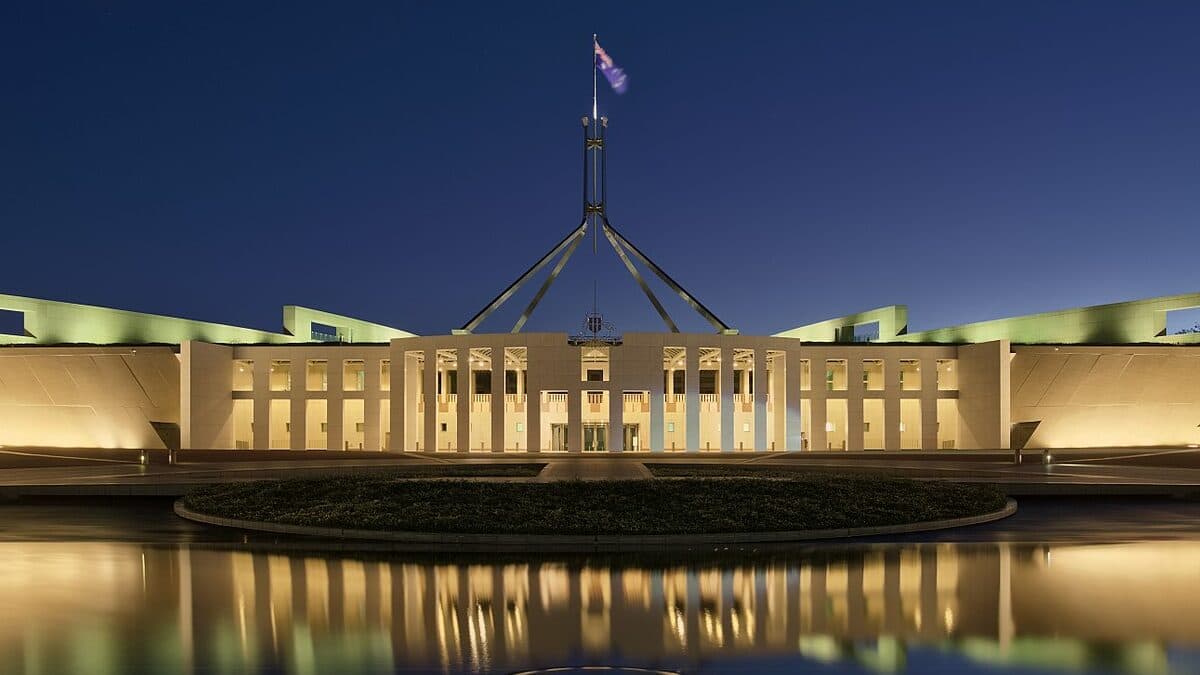The Australian Information Industry Association (AIIA) has urged the government formed following the May election to appoint a new Cabinet Minister for the Digital Economy.
According to AIIA, it is necessary to broaden the scope of digital accountability within a single Minister’s portfolio. The peak body argues that this will help align and coordinate various digital economy initiatives.
Mr Ron Gauci, CEO of the AIIA, stated that now is the time for the government to recognise the opportunities that the technology sector will provide and put the necessary processes and systems in place to make this a reality.
“Technology is an essential driver to economic growth that will create employment opportunities, improve services, and enable us to be globally competitive. The Federal Government has important and achievable goals to be a leading digital government and digital economy. To do this, the AIIA calls for a Minister for Government Services and Digital Economy,” he said.
Targeting red tape to ease tech innovation
The new area of responsibility for the Minister would be to lead on technology regulation, including the formation of a Council of Technology Regulators comprised of industry representatives, a reform previously advocated for by the AIIA.
“There is a red tape burden falling on the digital economy – from cyber to technology regulation – which needs to be better targeted and coordinated,” AIIA said.
“The new Minister would have the responsibility to ensure that tech regulation does not put a hand brake on the economy’s productivity. In addition, any new proposed tech regulation would need to be proposed to the Council, which should be chaired by the Minister.”
In addition, the AIIA’s proposed new portfolio must incorporate strategic domestic procurement policies and critical technologies and ensure industry and government are aligned on policy and direction. This must include critical AI and Quantum strategies, tech commercialisation and incentives policies.
The portfolio should also include:
- Government digitisation services and the whole of government architecture that is the role of the Digital Transformation Agency (DTA to remain and keep this responsibility but report to the Minister)
- Digital Identity and data-sharing programmes that the DTA supports
- The work of the Digital Economy Taskforce
- Tech Regulation, including cyber regulation for non-critical industries (as defined by CI SoNS)
- The work of the Modernising Document Execution Taskforce and e-invoicing initiatives
- The AIIA policy of the Made in the Australia Office supports using government procurements to assist SME capabilities and create long term strategies to support Australian tech procurements
- Government SME procurement reform and policies
- Consumer Data Right policies
- Coordinating role for digital skills initiatives
- Critical liaison path between industry and defence around critical technologies initiatives
- Quantum and AI Strategies
- Minister to have a direct say in the whole of government commercialisation and incentives strategy including R&DTI, AI and quantum commercialisation and patent box and look for innovation in program delivery
Mr Gauci believes that artificial intelligence and quantum computing can provide Australia with massive economic growth opportunities. It is critical to have a minister solely focused on supporting and delivering national strategies for key digital growth areas like these. It makes no difference where these industries are located; Australia can lead the world from our cities and regions.
“Australia’s capabilities in the ICT sector must be prioritised by our next government. Streamlining strategic domestic procurement policies and critical technologies is needed to support Australia’s ICT sector, both large providers and SMEs,” he said.
“It is important Australia’s domestic capabilities in the sector are supported and recognised; we have seen in the past two years that we can’t rely on other countries to supply services and talent to fill our shortages.
“The skills shortage in the ICT sector is a significant challenge for the next government to address. Reforming the Australian Curriculum to prioritise the Digital Economy is a way to address skills in the long term, whilst reskilling, upskilling and immigration will play key roles in the short and medium-term to improve the shortage being experienced.
“A Government Services and Digital Economy Minister will need to work with Cabinet to drive reform to support this and ensure the digital economy can continue to support all economic sectors to improve productivity and growth.”
Keep up to date with our stories on LinkedIn, Twitter, Facebook and Instagram.

